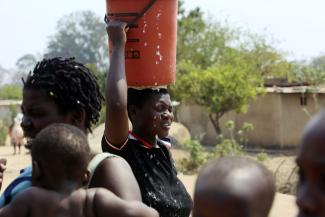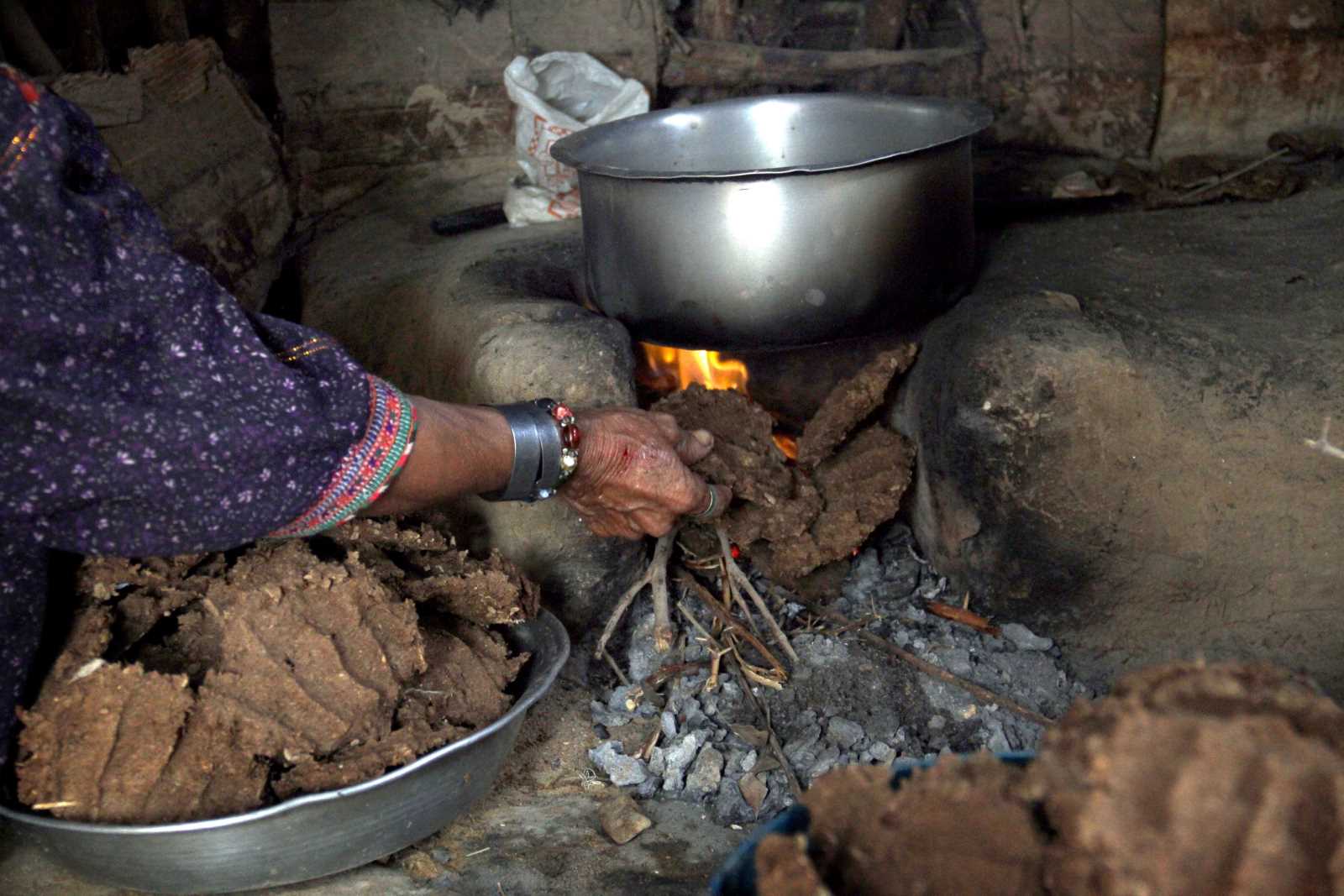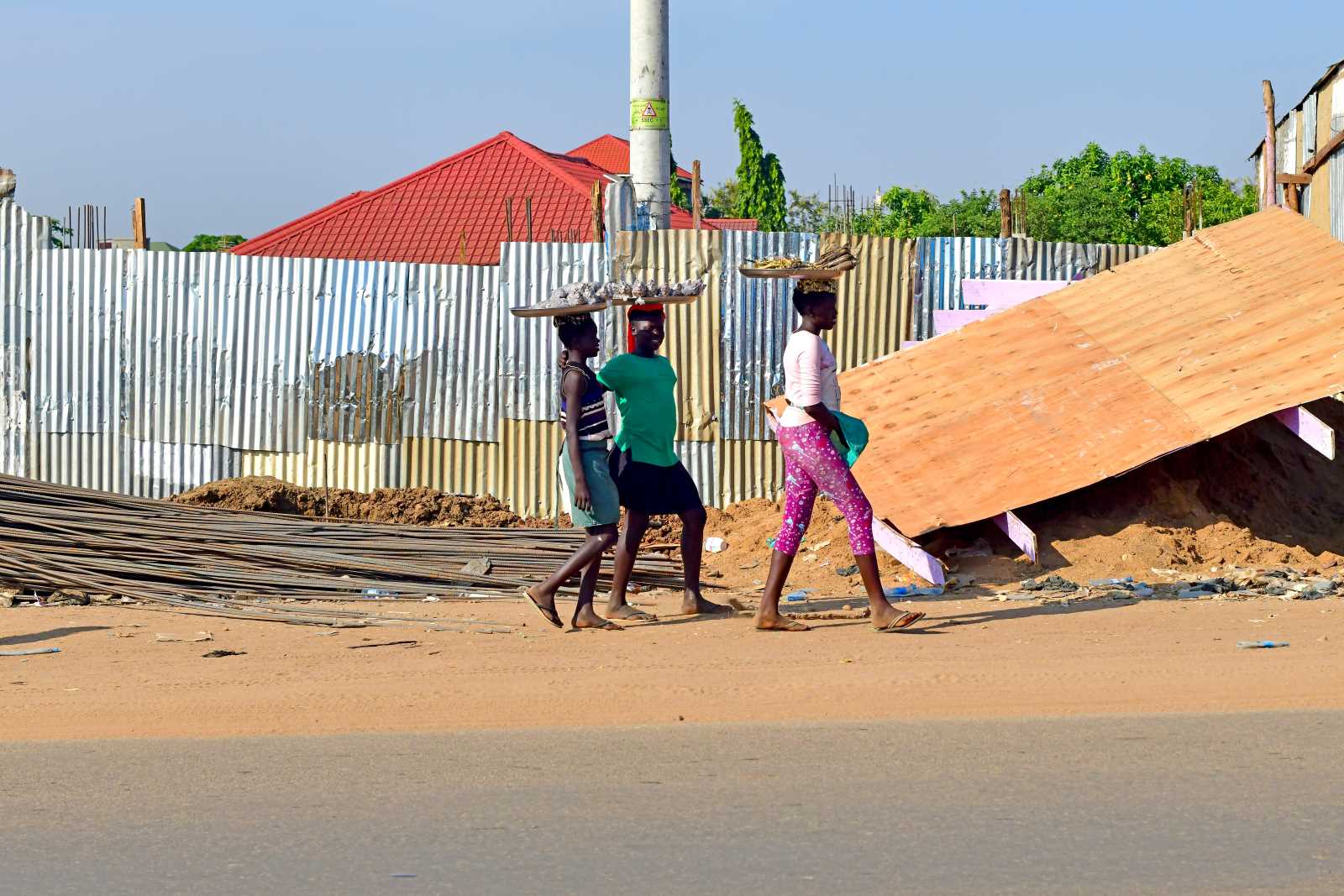Household chore
Gender injustice

The UN defines “water security” as people’s capacity to safeguard reliable access to adequate quantities of acceptable quality water for different uses. In many places, water security is ensured by public utilities, commercial providers and formal cooperatives. In poor communities that lack such infrastructure and services, however, the household itself is in charge of the matter. Typically, women and girls are put responsible of the matter – along with other duties such as preparing food, taking care of the sick and nursing children (also see Dagmar Wolf in D+C/E+Z e-Paper 2020/04, Monitor section).
Indeed, water fetching belongs to several time-consuming, but not income-generating activities that are essential for a family’s survival. Female household members must find out where they can get water, walk long distances to get there and carry back heavy buckets. The water is mostly used for drinking, cooking and hygiene purposes. Sanitation is typically a huge challenge.
Regardless of specific socio-economic, cultural and political contexts, traditions all over the world give women and girls responsibility for water matters. Indeed, 80 % of all households without on-premises water supply depend on women’s and girls’ efforts, according to UN data. According to estimates, women spend a collective 200 million hours per day fetching water.
There is a reason why this unfair division of labour persists in so many places. Women typically have fewer job opportunities. Moreover, they are paid less for the same jobs as men. This socio-economic imbalance means that women’s time is considered to be worth less than men’s. Since households are rational decision-making units, they allocate their available resources, including members’ time, in ways that maximise their benefits.
Finding and collecting water is mostly a non-income-generating exercise that consumes a lot of time. This work is therefore done by those whose time has the least value – the women. Girls are also sent to fetch water rather than boys. The reason is that the expected financial returns from their school attendance are lower. Indeed, they are often so low that families do not even consider relieving the burden on girls by investing in more expensive, but less time-consuming water provision.
Different developmental strategies focus on easing people’s access to water. They include:
- building pipe-based distribution networks,
- rainwater harvesting,
- setting up water treatment capacities in homes and
- offering microcredit to enable households to invest in safe water and sanitation solutions.
Research shows that these approaches make sense. They reduce the cost and time spent fetching water. They thus improve the opportunities of women, who will then do other work, and girls, who can then go to school. Unicef statistics show, for example, that reducing the time a Tanzanian girl spends fetching water from 30 to 15 minutes increases her school attendance by 12 %.
The policy options listed above are helpful. However, they do not change the fundamental injustice. Women’s and girls’ time is still considered to be worth less than the time of men and boys. Unless that changes, women and girls will always end up doing the least rewarding chores. Women and girls deserve better opportunities at work and in education. The more they are enabled to earn money, the more willing families and communities will become to invest in more sophisticated water-provision systems. Making that happen is the precondition for women and girls tapping their full potential and make the most of their lives.
Sudeh Dehnavi is a programme coordinator at the Institute for Technology and Resources Management in the Tropics and Subtropics of the University of Applied Sciences Cologne (TH Köln).
sudeh.dehnavi@th-koeln.de










